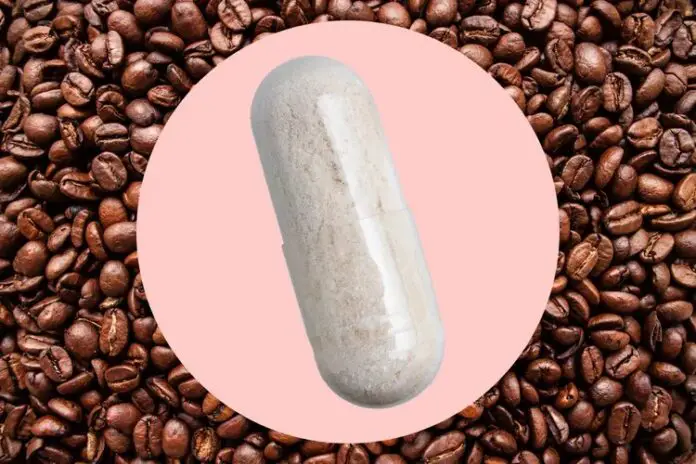Coffee is a beloved daily routine for many people, providing an energy boost and potential health benefits. However, it can interact with certain medications, potentially reducing their effectiveness or increasing side effects.
According to expert pharmacist Jennifer Bourgeois, coffee can alter how medications are absorbed, metabolized, or eliminated by the body. “It can speed up gastric emptying, causing the medication to move through your system before it’s fully absorbed,” she explains.
Here are 7 medications that don’t mix well with coffee:
1. Antidepressants
Drinking coffee too soon after taking antidepressants like escitalopram (Lexapro) can make them less effective. Caffeine forms a complex with the medication, reducing its absorption and potentially leading to inadequate treatment.
Other antidepressants like clomipramine and imipramine may be metabolized more slowly when taken with coffee, resulting in higher levels of the drug in your blood for an extended period. This interaction can also increase caffeine’s effects, causing jitteriness and restlessness.
2. Thyroid Medication
Levothyroxine, used to treat hypothyroidism, is significantly reduced by coffee absorption. Studies show that coffee reduces absorption by up to 50%. To avoid inconsistent thyroid levels and persistent symptoms like fatigue or brain fog, patients are advised to wait 30-60 minutes before drinking coffee after taking thyroid medications.
3. Osteoporosis Medication
Risedronate and alendronate, medications used to treat osteoporosis, should not be taken with coffee. The safest practice is to take these medications with plain water only.
4. Cold & Allergy Medications
Pseudoephedrine (Sudafed), a nasal decongestant, can compound the side effects of coffee when taken together. This combination may increase blood sugar and body temperature in people with diabetes.
5. Antipsychotic Medication
Coffee can interfere with your body’s ability to metabolize antipsychotic medications like phenothiazine, clozapine, haloperidol, or olanzapine. For example, a study found that the plasma concentration of clozapine increased by 97% after taking it with 2-3 cups of coffee (about 400 milligrams of caffeine).
6. Asthma Medication
Aminophylline and theophylline, bronchodilators used to treat asthma, can have their side effects exacerbated by consuming too much caffeine. This combination may increase nausea, headache, restlessness, and irritability.
7. Blood Thinners
Blood-thinning medications, which prevent blood from clotting, are risky when taken with coffee. Caffeine in coffee can slow blood clotting, increasing the risk of bleeding or bruising. Additionally, research has found that coffee can lower stomach pH, making other blood thinners like aspirin more potent and potentially enhancing bleeding risks.
Many medications interact with coffee, potentially reducing their effectiveness or increasing side effects. Reviewing this list is a good starting point for those on these medications. Adjusting the timing of your coffee and medications may be necessary to avoid adverse interactions. Consult your healthcare provider if you have specific questions about potential food or beverage interactions with your medications.
Source: Eating Well




